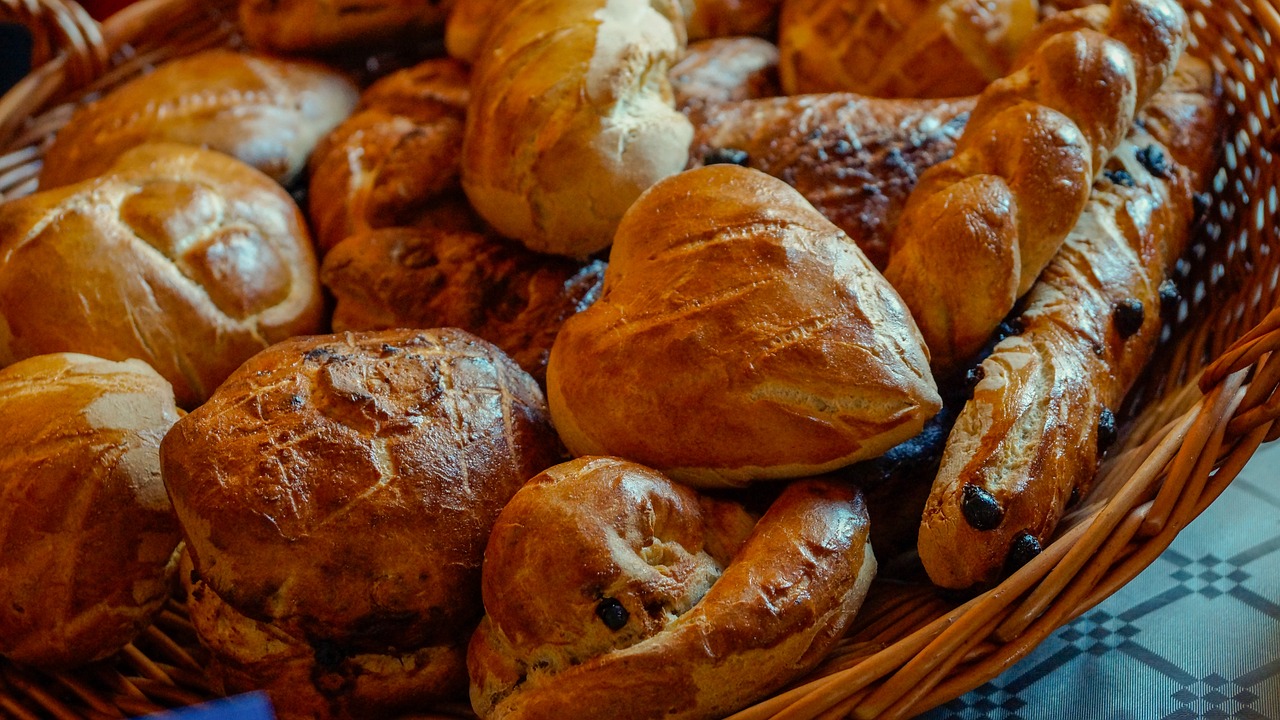Hamotzi — the blessing over bread — blesses God for enabling bread to come forth from the earth. It is recited any time that bread is consumed, and usually with special ceremony at Shabbat dinner, right before the challah is eaten.
Hamotzi on Friday night
As part of the Friday night table blessings to welcome Shabbat and begin the festive Sabbath meal, Hamotzi is recited right after hand-washing (though in some communities, including the Yemenite and German Jewish communities, Hamotzi immediately follows Kiddush). In communities that juxtapose hand-washing to Hamotzi, it is traditional not to speak between the time one washes hands and the time one tastes the bread, after Hamotzi has been recited.
To say Hamotzi on Friday night, first remove the cover from the challah or bread (traditionally two loaves). Some people then choose either to lay hands on the bread or to lift the loaves together in the air to recite the blessing.

Help us keep Jewish knowledge accessible to millions of people around the world.
Your donation to My Jewish Learning fuels endless journeys of Jewish discovery. With your help, My Jewish Learning can continue to provide nonstop opportunities for learning, connection and growth.
After Hamotzi has been recited, some people sprinkle salt on the bread before distributing it to those assembled. The salt recalls the animal sacrifices in the Temple that were salted (in that case, to remove the blood).
Some people slice the bread into small pieces, while others choose to tear, abstaining from using a knife, a symbol of violence, as part of this fundamental ritual. Once everyone has tasted the bread, the meal has formally begun and other food may be served and eaten.
Full Text of Hamotzi
בָּרוּךְ אַתָּה ה׳ אֱלֹהֵינוּ מֶלֶךְ הָעוֹלָם הַמּוֹצִיא לֶחֶם מִן הָאָרֶץ
Baruch ata Adonai Eloheinu melech ha’olam hamotzi lechem min ha’aretz.
Blessed are you, Lord our God, ruler of the universe who brings forth bread from the earth.



